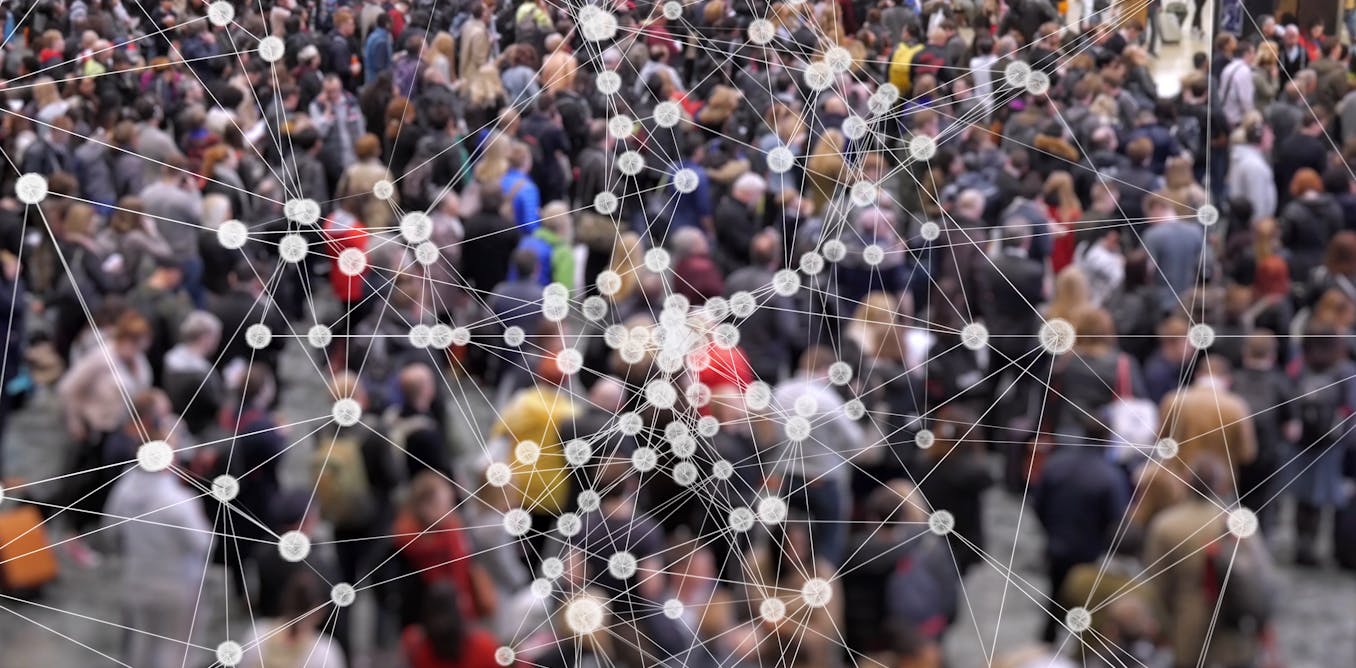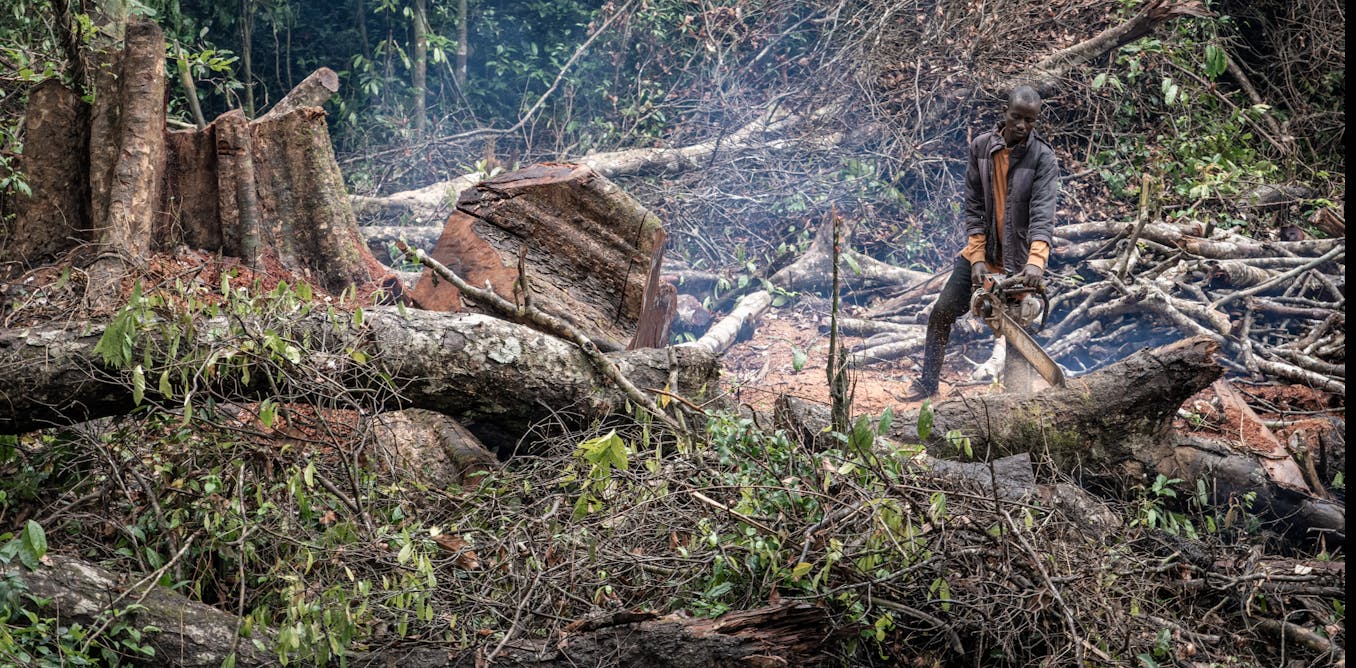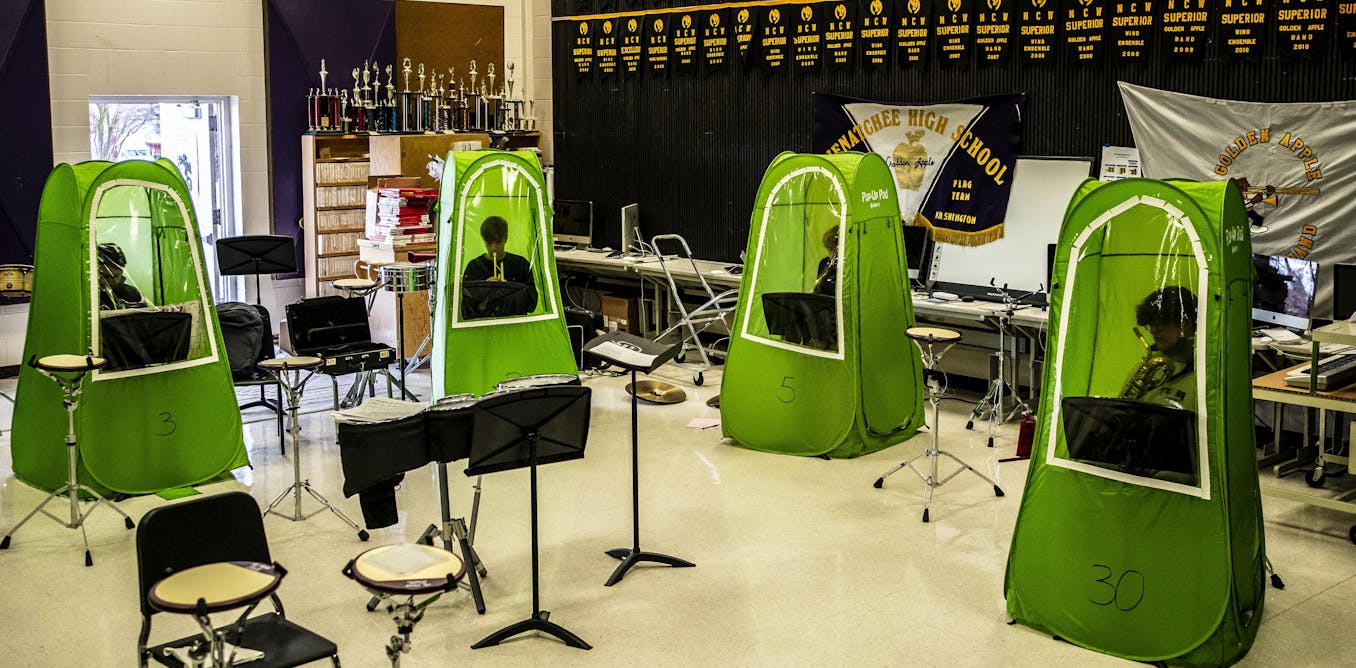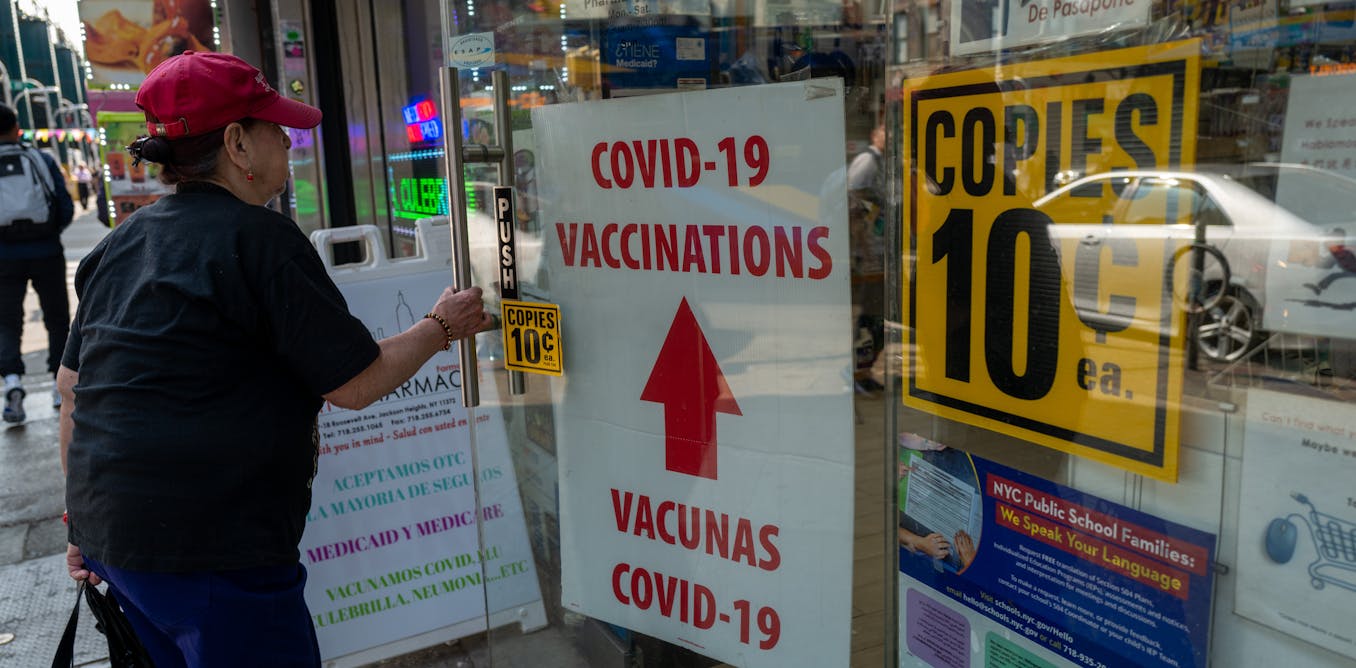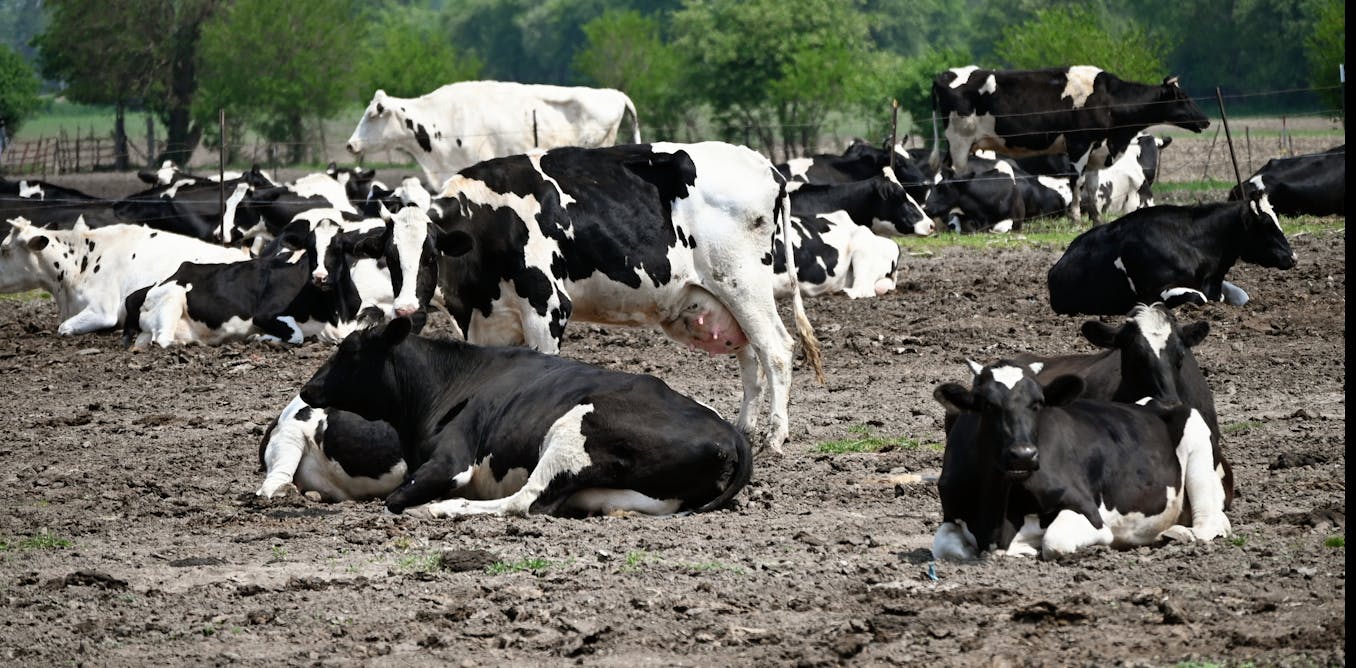How the CDC’s Epidemic Intelligence Service protects public health at home and abroad
The Epidemic Intelligence Service has been a crucial tool in fighting diseases at home and abroad. Its impact would be impossible to replace.
April 14, 2025 • ~9 min

